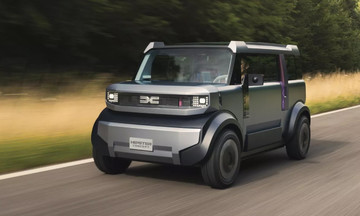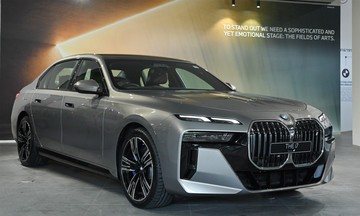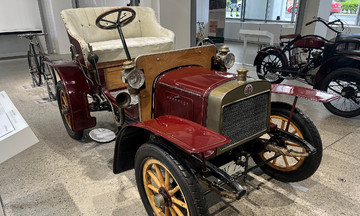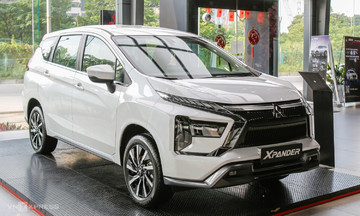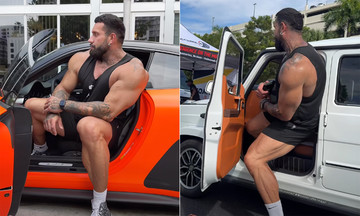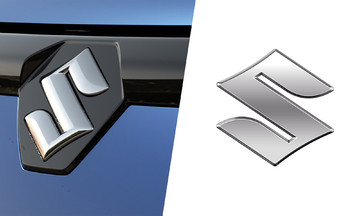The B-segment sedan market saw sales of 2,691 vehicles in August, a 24% decrease compared to July. This month marked a significant shift in rankings as Honda City overtook Toyota Vios for the third time in 2025, becoming the best-selling model in the segment. The previous times City surpassed Vios were in January and April.
Specifically, while City's August sales only saw a slight decrease of 45 vehicles compared to July (from 1,181 to 1,136), Vios lost 487 vehicles (from 1,213 to 726) and fell to second place. However, year-to-date, Vios still holds the top spot with 7,204 vehicles sold, a significant 1,302 vehicle difference compared to City (5,902).
City outperforming Vios for the third time this year indicates a market shift, with City emerging as Vios's biggest competitor. In 2024, Accent was the closest competitor to Vios. If City maintains its steady performance, it has the potential to challenge for the number one spot during the year-end period, typically a peak season for car purchases.
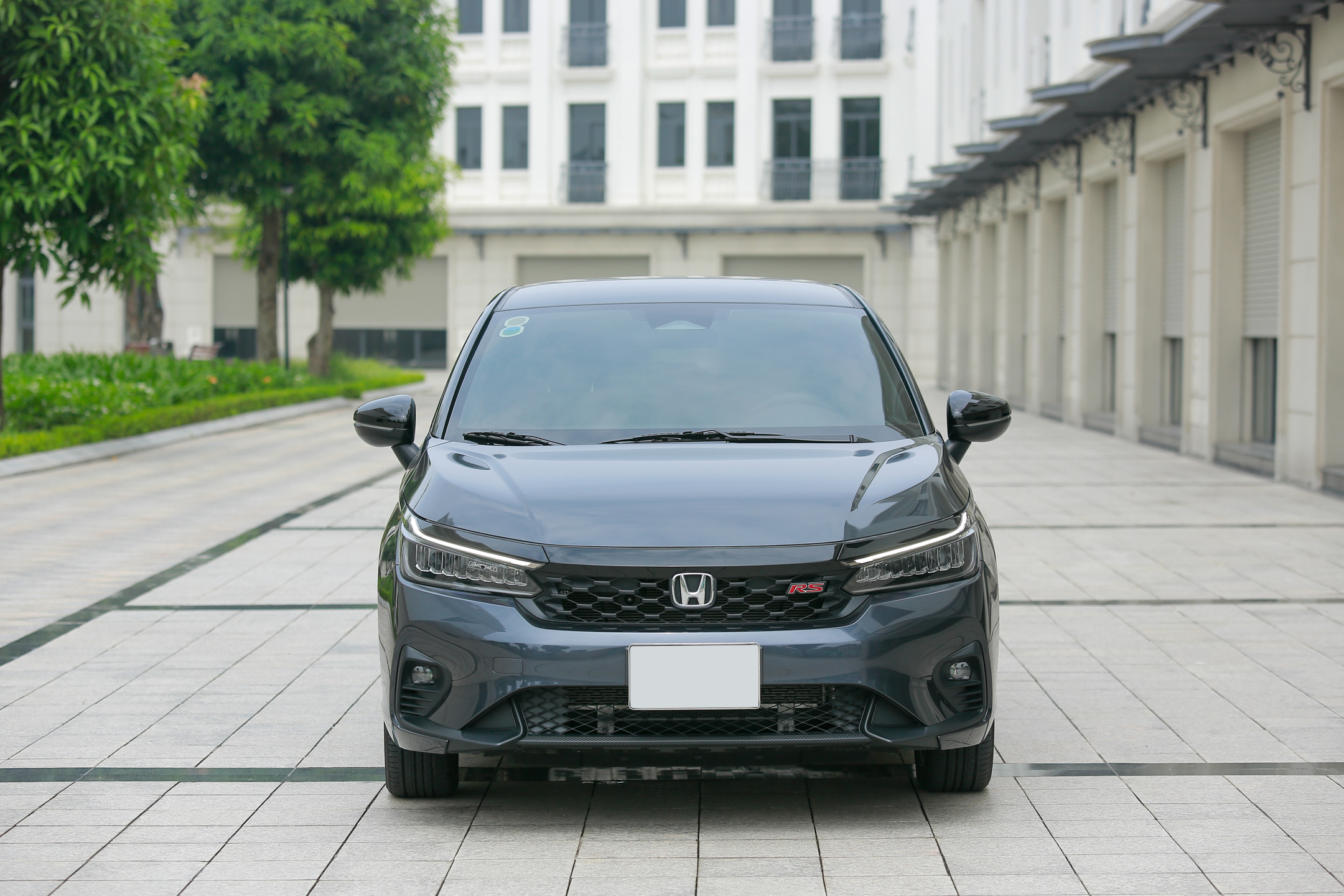 |
Honda City in the Vietnamese market. Photo: Luong Dung |
Honda City in the Vietnamese market. Photo: Luong Dung
Further down the rankings, Mazda2 sold 399 vehicles, a 9% decrease compared to July, but maintained its third position overall. Hyundai Accent sold 332 vehicles, a sharp 34% drop compared to the previous month (504). The South Korean sedan has struggled since its new version's release. Mitsubishi Attrage only reached 87 vehicles, a 53% decrease compared to July (184). Kia Soluto virtually disappeared from the market with only 11 vehicles sold, half of its July sales.
In the first 8 months of the year, the B-segment sedan market sold a total of 22,322 vehicles. Toyota Vios leads with 7,204 vehicles, followed by Honda City with 5,902, Hyundai Accent with 4,629, and Mazda2 with 3,232. Attrage and Soluto only achieved 1,158 and 197 vehicles, respectively.
The August auto market experienced a downturn coinciding with the "ghost month" in the lunar calendar, a time when many customers avoid making large purchases. Despite various promotional offers from manufacturers and dealers to stimulate demand, purchasing power did not improve significantly, leading to a decline in sales across the Vietnamese auto market.
Ho Tan




